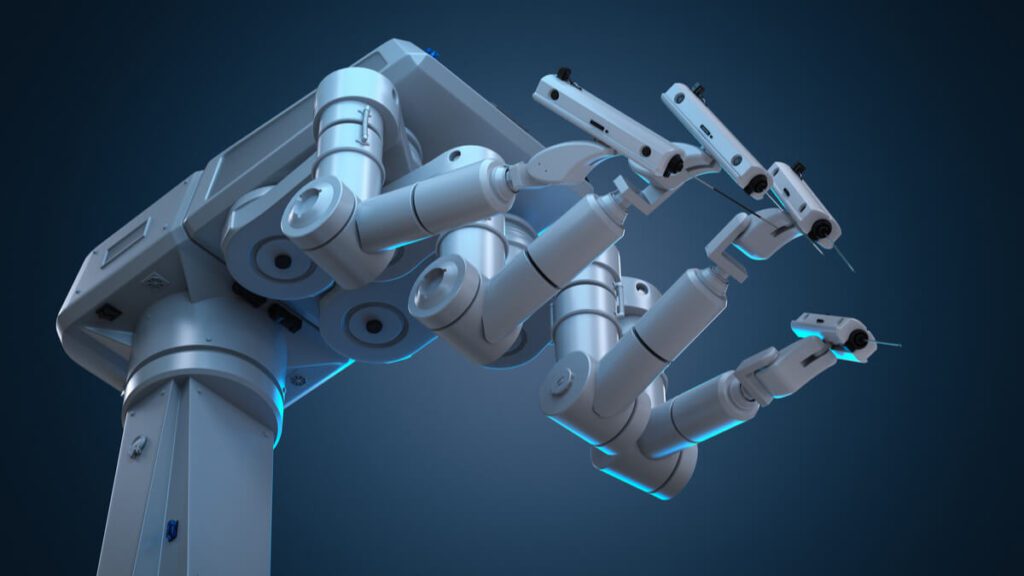
As we continue the battle against the pandemic, new technologies are being introduced, existing ones are being developed whilst others have become obsolete. In the case of innovation, artificial intelligence has impacted and changed many industries. In medicine, development efforts in AI precision technology has led to the wide adoption of robotic surgery in many healthcare institutions across the world.
In Dubai, a first of its kind conference, “AI Everything” was held where AI experts and industry leaders teamed up to discuss the latest in AI technology and its applications; a big point of discussion was robotic surgery.
Robotic surgery is a technology that allows surgeons to perform detailed and precise surgeries on their patients without having to directly touch the patents. Resulting in smaller incisions that ultimately speed up healing time.
A surgeon has the ability to control the robotic instruments with a console that is safely and remotely located away from the patient, reducing any chances of Covid-19 infection.
Sherif Beshara, CEO of the American Hospital Dubai highlights that so far, they have successfully operated on 105 extremely high-risk patients via robotic surgery, and the results yielded zero infections or any complications for healthcare workers.
By utilizing complex algorithms, robotic surgery AI can detect patterns in surgical procedures. This feature enables the robot to alert the surgeon of any irregularities that may arise and can help facilitate their decision making.
The UAE Government is also using AI to help forecast the number of Covid-19 cases – how many more potential infections may arise, in addition to detecting high-risk locations.
This allows hospitals to have the appropriate number of staff ready with well-prepared facilities ahead of time. It also allows officials to determine timelines for increasing infections.
It is evident that tech is playing a major role in our battle against the pandemic, with robotic surgery becoming a fundamental part of the medical industry. The question now is, how will these technologies develop post-pandemic?